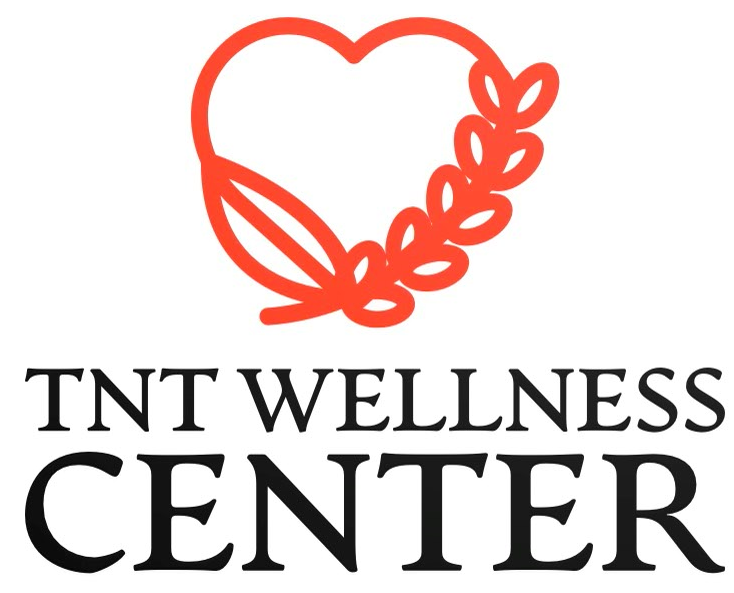Explore our comprehensive array of services, designed to empower you and your business, and let us be your trusted partner in achieving success.

Individual Counseling
1 hour/treatment week
Residential clients will receive a minimum of one-hour weekly of individual sessions with an LADC, ADC-T, MHP, or Student Intern.
- Orientation
- Treatment Planning
- Processing Assignments
- Skills Building
- Mental Health Coordination of Care,
- Relationship Counseling
- Family Involvement Sessions (as needed)

Group Counseling
20 hours/treatment week
Group Counseling is facilitated by an LADC, ADC-T, MHP, or Student Intern.
As part of the Group Counseling programming we utilize evidenced based practices including:
- Motivational Interviewing
- Brief Cognitive Behavioral Therapy (CBT)
- 12 Step Facilitation
- Dialectical Behavioral Therapy Skills (DBT)
- Co-Occurring
- Psycho-education
- Interactive assignments delivered through lectures and group discussions.
During Group Counseling sessions clients receive information as well as give and receive feedback from the facilitator and their peers. These groups will not exceed 16 clients and will include interactive processing on rotating topics. Weekly themes will include information on required topics as well as topics suggested by treatment team.

Client Education
8 hours/treatment week]
Programming involves psychoeducational groups facilitated by an LADC, ADC-T, MHP, or Student Intern, focusing on educating clients about substance use disorder and teaching them skills and strategies to aid them in their recovery.
Lectures will include a variety of topics including;
- Triggers
- Cravings
- Effects of AOD on their body and brain
- Relapse prevention skills
- Trauma
- Co-occurring Disorders
- Shame
- Resilience
- Family Systems
- Social Supports
During client education sessions clients will be provided information in handouts, power point presentations, and lectures.

Treatment Coordination
[weekly as needed]
Treatment coordination service will be provided by an LADC or ADC-T and will include:
- Assistance in coordination with significant others to help in the treatment planning process whenever possible;
- Assistance in coordination with and follow up for medical services as identified in the treatment plan;
- Facilitation of referrals to substance use disorder services as indicated by a client’s medical provider, comprehensive assessment, or treatment plan;
- Facilitation of referrals to mental health services as identified by a client’s comprehensive assessment or treatment plan;
- Assistance with referrals to economic assistance, social services, housing resources, and prenatal care according to the client’s needs;
- Life skills advocacy and support accessing treatment follow-up, disease management, and education services, including referral and linkages to long-term services and supports as needed; and
- Documentation of the provision of treatment coordination services in the client’s file.
Additional Treatment Services
[7 hours/treatment week]
This service offers a variety of programming including the below topics and is facilitated by an LADC, ADC-T, MHP, or Student Intern:

Stress Management group
Stress Management group includes skills for managing stress such as;
- Deep Breathing
- Tapping
- Mediation
- Journaling
- Mindfulness
These skills will be taught in group sessions and clients will process their experiences after practicing the new skills taught.
Stress management is an educational group.

Relationship Counseling group
Relationship Counseling group offers information and discussion topics relating to;
- Personal
- Family
- Professional Relationships
Discussion topics include, but are not limited to:
- Communication
- Boundaries
- Family Systems

Community Meeting
Community Meeting is facilitated by the Treatment Director or Designee and covers a variety of topics including;
- Current program rules and expectations
- Changes to current policy or procedures
- Offers an opportunity for clients to offer suggestions
- Voice concerns and discuss solutions

Family Group
The program will offer, at a minimum once per month, family education that addresses; mental health and substance use disorders and the interaction between the two.

Therapeutic Recreation Group
Therapeutic Recreation group may include interactive games and outdoor activities. Each sober therapeutic recreation will include activities with an emphasis on socialization skills that aim to help clients interact with others in a positive and productive manner. A need for sober recreation activities will be indicated on the Individual Treatment Plan, and will be completed as a group and processed with group facilitator after the activity. These activities will occur on an as needed basis, and group notes will identify if and when they occur. Therapeutic Recreation is a counseling group.
Living Skills group will cover a variety of topics including:
- Employment
- Education
- Socialization Skills
- Gains Integration
- Interviewing Skills
- Cooking
- Finances
- Budgeting
- Time Management
- Organization.
These skills will be taught in group. The group facilitator will place emphasis on how these skills are directly related to the wellness of the client and the mastering of these skills is a benefit to their recovery by helping them recognize and utilize their strengths. Living Skills group is an educational group.

Peer Recovery Support
[weekly as needed]
Peer Recovery Support services are provided in a one-to-one basis by an individual in recovery qualified according to section 245G.11, Subd. 8.
Peer support services include;
- Education
- Mentoring through self-disclosure of personal recovery experiences
- Attending recovery and other support groups with a client
- Accompanying the client to appointment that support recovery
- Assistance accessing resources to obtain housing
- Employment
- Advocacy services
- Non-clinical recovery support to assist the transition from treatment into the recovery community
- Help the client integrate gains made during treatment into daily living and reduce the client’s reliance on a staff member for support

